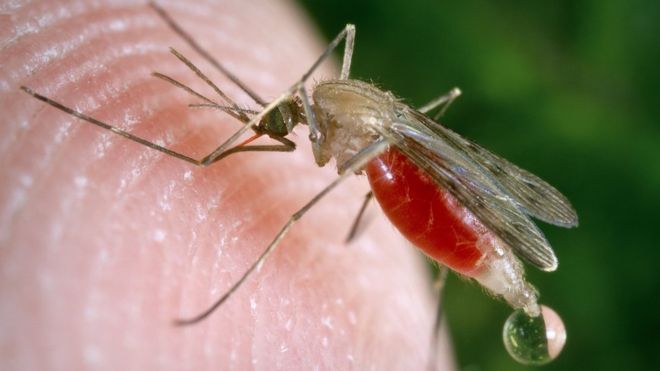Cape Verde is free of malaria, making it the third African country to achieved the status. It joins Mauritius [in 1973] and Algeria [in 2009] to attain this certification.
“Cabo Verde’s achievement is a beacon of hope for the African Region and beyond. It demonstrates that with strong political will, effective policies, community engagement and multi-sectoral collaboration, malaria elimination is an achievable goal,” said Matshidiso Moeti, WHO Regional Director for Africa.
Cape Verde is a tiny archipelago of 10 islands in the Atlantic Ocean. After facing several epidemics in densely-populated areas it launched a malaria action plan.
A national health policy objective was declared in 2007 and authorities went to work to eradicate the disease.
Cape Verde realised results by focusing on expanded diagnosis, early and effective treatment, reporting and investigating all cases.
The strategic plan
Free diagnosis and treatment to international travelers and migrants into the country was also rolled out.
“This [certification] has the potential to attract more visitors and boost socio-economic activities in a country where tourism accounts for approximately 25% of GDP,” a WHO statement said.
Cabo Verde is now among 43 countries and 1 territory that have been awarded this certification by the WHO.
The certification is granted when a country has demonstrated no locally transmitted cases of malaria in at least the last three years.
Malaria is caused by a parasite which is spread by mosquito bites. It is a major killer disease in Africa, with at least 580,000 people dying from the disease globally in 2022 alone.
Vaccines were recently introduced to help save lives and protect infection.
WHO gives approval for mass use of malaria vaccine in Africa
Source: Africafeeds.com


